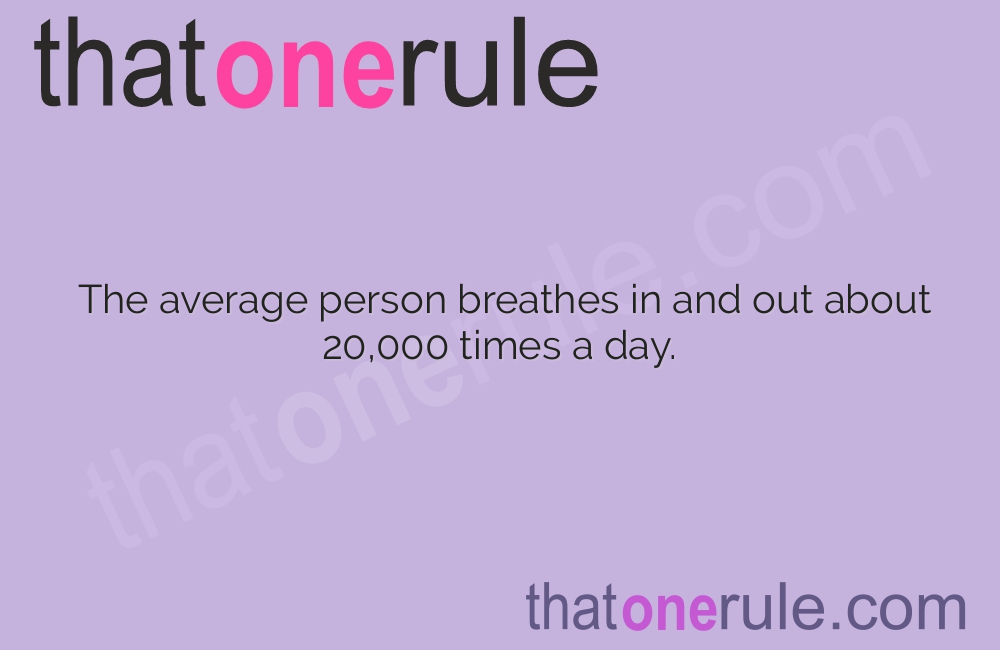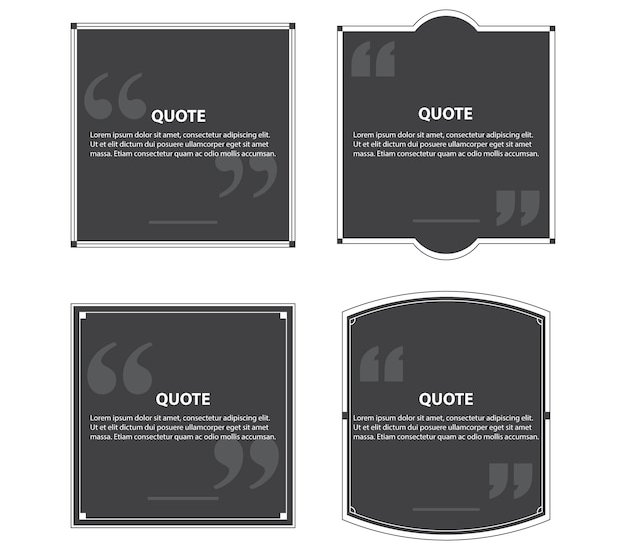Discovering Fascinating Facts about the Respiratory System

The average person breathes in and out about 20,000 times a day.
The respiratory system is made up of the nose, throat, voice box, windpipe, and lungs.
If you lined up all the blood vessels in the human body, they would stretch over 60,000 miles, which is more than twice around the Earth!
The lungs contain over 300 million tiny air sacs called alveoli, which provide a large surface area for oxygen and carbon dioxide exchange.
During strenuous exercise, your respiratory rate can increase to over 40 breaths per minute.
The diaphragm is the main muscle involved in breathing. It contracts and relaxes to create space for the lungs to expand.
Sneezing is the body’s way of clearing irritants from the respiratory system. It can travel at speeds up to 100 miles per hour!
The average person takes about 12-16 breaths per minute at rest.
The inside of your lungs is pink due to the oxygen-rich blood flowing through the tiny capillaries.
Hiccups are caused by a sudden contraction of the diaphragm muscle.
Smoking damages the respiratory system and increases the risk of developing lung cancer.
Your respiratory system can filter out more than 90% of dust particles, allergens, and other pollutants from the air you breathe.
Your vocal cords, located in your voice box or larynx, help you produce sound by vibrating as air passes through.
The lining of your respiratory system produces mucus to trap dirt and bacteria, helping to keep your lungs clean.
Discovering Fascinating Facts about the Respiratory System part 2
The average adult breathes in and out about 7-8 liters of air per minute.
Yawning is a reflex that helps increase oxygen intake and stretch the lungs.
Babies have about 270 bones at birth, but some of these fuse together as they grow, leaving adults with 206 bones.
The respiratory system works closely with the circulatory system to deliver oxygen to all parts of the body.
When you exhale, your lungs release carbon dioxide, a waste product produced by your cells.
The respiratory system can function automatically, but you can also control your breathing consciously.
Cilia are tiny hair-like structures in your respiratory tract that help move mucus and trapped debris out of your airways.
The respiratory center in the brain, located in the medulla oblongata, controls the rate and depth of breathing.
Your respiratory system adjusts to changes in altitude, allowing you to breathe efficiently even at high altitudes.
Laughing increases oxygen intake, stimulates your heart, and helps relax your muscles.
Yawning is contagious because it triggers a reflex in our brain that prompts us to mimic the actions of others.
Your lungs can hold about 6 liters of air, but you usually only inhale and exhale a fraction of this volume.
The oxygen we breathe fuels our cells’ energy production, while carbon dioxide is a waste product that needs to be eliminated.
The rate of breathing can increase when we’re nervous or experiencing strong emotions, such as fear or excitement.
The respiratory system plays a vital role in maintaining acid-base balance in our body.
Singing exercises the respiratory muscles and can improve lung capacity.
The respiratory system is one of the first to develop in a fetus, along with the circulatory system.
Humidifying the air we breathe helps prevent dryness and irritation in our respiratory system.
The respiratory system can be affected by various diseases, such as asthma, bronchitis, and pneumonia.
Holding your breath for too long can lead to a buildup of carbon dioxide in your bloodstream and cause dizziness or fainting.
The respiratory system also helps regulate body temperature by releasing excess heat through exhaled air.
Your brain receives feedback from your respiratory system, which influences your overall sense of well-being.
Deep breathing exercises can help reduce stress and promote relaxation.
When you breathe in, your diaphragm moves downward, creating negative pressure in the chest cavity and drawing air into the lungs.
The respiratory system starts developing in the first trimester of pregnancy and continues to mature until birth.
Your respiratory system works to filter, warm, and moisten the air you breathe before it reaches your lungs.
The respiratory system plays a role in the sense of taste, as olfactory receptors in the nasal cavity contribute to our perception of flavor.
Taking slow, deep breaths can help lower blood pressure and promote a state of calmness.
The respiratory system has a defense mechanism called coughing, which helps expel foreign substances and clear airways.
When you exhale, you release water vapor from your lungs, contributing to the humidity in the surrounding air.
The respiratory system is an incredible network of structures that allows us to breathe and sustain life.

